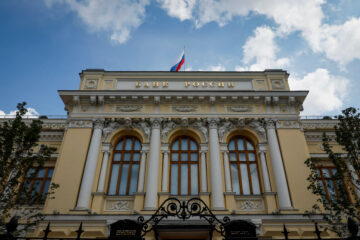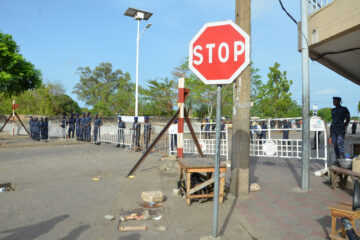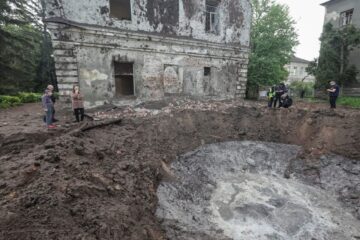Putin, Obama to meet as Syria diplomatic drive quickens
US President Barack Obama on Thursday accepted an invitation to meet Russian counterpart Vladimir Putin next week as a drive to revive efforts to resolve the Syrian conflict kicked into high gear.
The announcement that Putin and Obama will hold talks at the United Nations in New York on Monday comes amid an apparent change of stance on Syrian President Bashar al-Assad\’s potential role in any deal to end the four-year war that has killed some 250,000 people.
Turkish President Recep Tayyip Erdogan, a fierce critic of Assad, suggested for the first time on Thursday that the Syrian president could have a role to play in a future political transition.
In a sign the Europeans\’ position on Assad may also be softening, German Chancellor Angela Merkel said "we have to speak with many actors, this includes Assad, but others as well".
Russia, a longstanding ally of Assad, has rankled the West by building up its military presence in Syria.
On Thursday, it sparked fresh alarm by announcing it would carry out naval exercises in the eastern Mediterranean this month and in October.
French Defence Minister Jean-Yves Le Drian called on Moscow to justify a "very significant" buildup in Syria and said if its intention was "to protect" Assad, it should say so.
European leaders, faced with the worst migrant crisis since World War II, called Wednesday for a "renewed UN-led international effort" to end a war that has forced some 12 million people from their homes.
The tensions over Syria have further strained ties between Russia and the West which have plunged to Cold War lows over the Ukraine crisis.
However while the two sides have spent months trading barbs over the Syria conflict, the flood of refugees on Europe\’s doorstep and the jihadist threat posed by the Islamic State group have given new urgency to ending the chaos.
The foreign ministers of France, Britain and Germany and EU foreign affairs chief Federica Mogherini were meeting on Syria in Paris Thursday.
"The idea is to clarify positions, to know how each side sees a political transition in Syria, to find a common European position ahead of the UN General Assembly," a French diplomatic source told AFP.
NATO Secretary-General Jens Stoltenberg urged Moscow to make its intentions in Syria clear.
"I think the first step now is to sit down with the United States and to make clear what are (Russia\’s) intentions… and to try to cooperate and give a constructive contribution to the efforts led by the United States to fight ISIL (Islamic State)," he told AFP.
Syrian officials have said Russia is helping their fight against Islamic State, which has seized large parts of its territory.
The Syrian military for the first time on Wednesday deployed drones supplied by Russia in its fight against the jihadists, a security source in Damascus said.
"Russian weapons are starting to have an effect in Syria," the official told AFP.
Syrian ambassador to Russia Riad Haddad told Interfax news agency that Moscow\’s assistance would help Syria "finally win over terrorist groups."
Significant obstacles remain to any solution to the conflict with major players in the West and the Gulf and Russia and Iran pursuing vastly different military and diplomatic tactics.
Western leaders have long demanded Assad\’s departure as part of any diplomatic solution, while Russia and Iran want him to stay.
Washington and London said recently Assad may not have to step down immediately if a settlement is reached to end Syria\’s civil war.
French President Francois Hollande also insisted recently "there can be no transition without his departure."
And a German government source warned Merkel\’s comments in Brussels late Wednesday signalled "nothing new" as representatives of Assad\’s regime had often sat at the negotiating table.
"For a political solution one needs Russia, Iran and Saudi Arabia at the table… that\’s the challenge."
SOURCE: AFP
[do_widget_area inner_adsbar]









